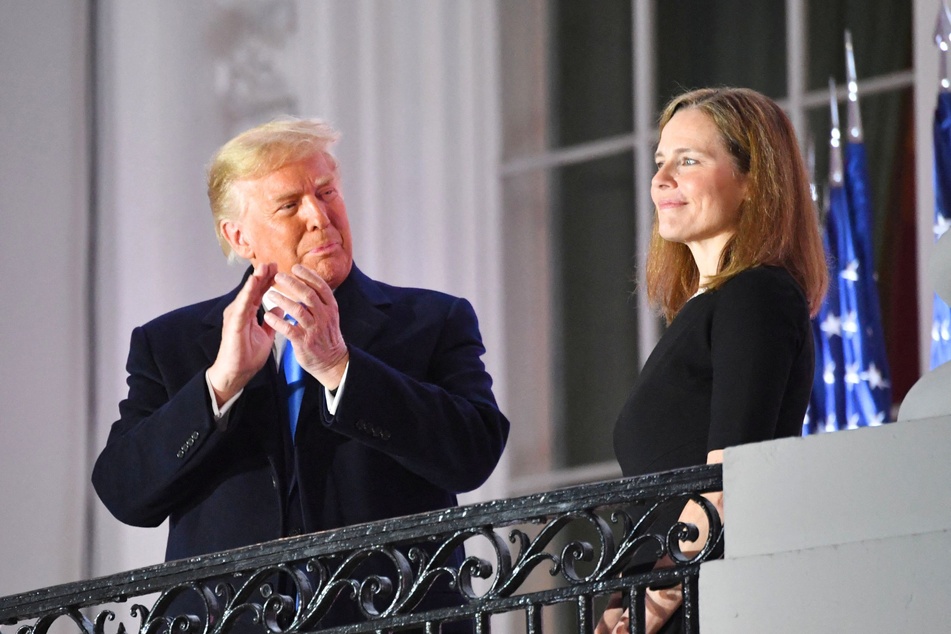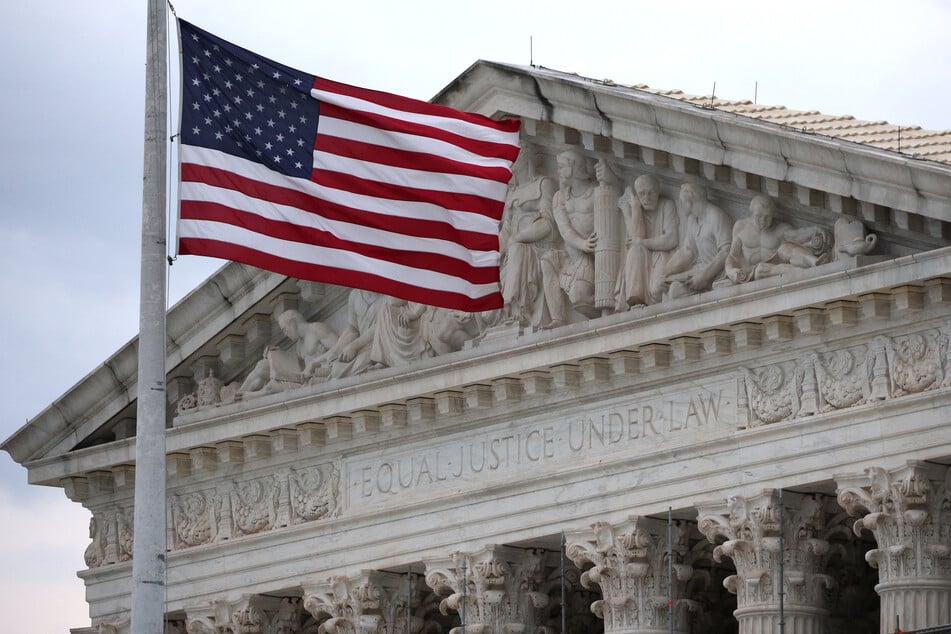Amy Coney Barrett hits back at accusations of right-wing Supreme Court agenda
Washington DC - Supreme Court Justice Amy Coney Barrett recently argued against critics who have accused the conservative-majority court of pushing a right-wing agenda.

In an interview with CBS News on Monday, Barrett insisted that the court is "not trying to enable Congress or the executive to do anything" with their countless decisions in recent months that seem to favor President Donald Trump and his MAGA agenda.
"I think people will disagree with respect to any individual order, whether the court made the right judgment about the merits or not," Barrett argued.
"I think insofar as the question might suggest that the court has an agenda or some motive, that's just wrong."
Since he was re-elected earlier this year, Trump has sought to completely revamp the federal government – and the country – in a more conservative image.
As most of these efforts have faced legal challenges, the Trump administration has relied on "shadow dockets" – emergency cases that move faster than normal ones – to get quick decisions from the Supreme Court.
Reports have found that the Supreme Court has so far granted more than 70% of the unprecedented amount of requests from the Trump administration to block lower court rulings, allowing them to continue their efforts as the legal challenge plays out.
Barrett described the shadow dockets as "a much more recent phenomenon," adding, "Those processes are still being shaped and sorted out."
Justice Amy Coney Barrett defends overturning Roe v. Wade

During his first term in office, Trump nominated Barrett and Justices Neil Gorsuch and Brett Kavanaugh, bringing the court to a 6-3 conservative majority that is expected to remain for years to come, as justices do not have term limits.
Shortly after their appointment, the court agreed to take up a case regarding Roe v. Wade, the 1973 legislation that established the constitutional right to an abortion.
The court ultimately ruled to overturn the landmark decision, which has, to date, led to 14 states enacting near-total bans, while others have put heavy restrictions on the procedure.
In her interview, Barrett noted that the court's decision did not make abortion illegal or question its morality, but returned the decision to states, where the American people will get to decide.
"I don't think that – well, certainly my children would say they don't want me deciding under the law of Amy what liberties, what rights we have and not," she argued. "That's a job for the American people, and the Constitution leaves virtually every question like that to the democratic process, to the American people."
Cover photo: Nicholas Kamm / AFP

